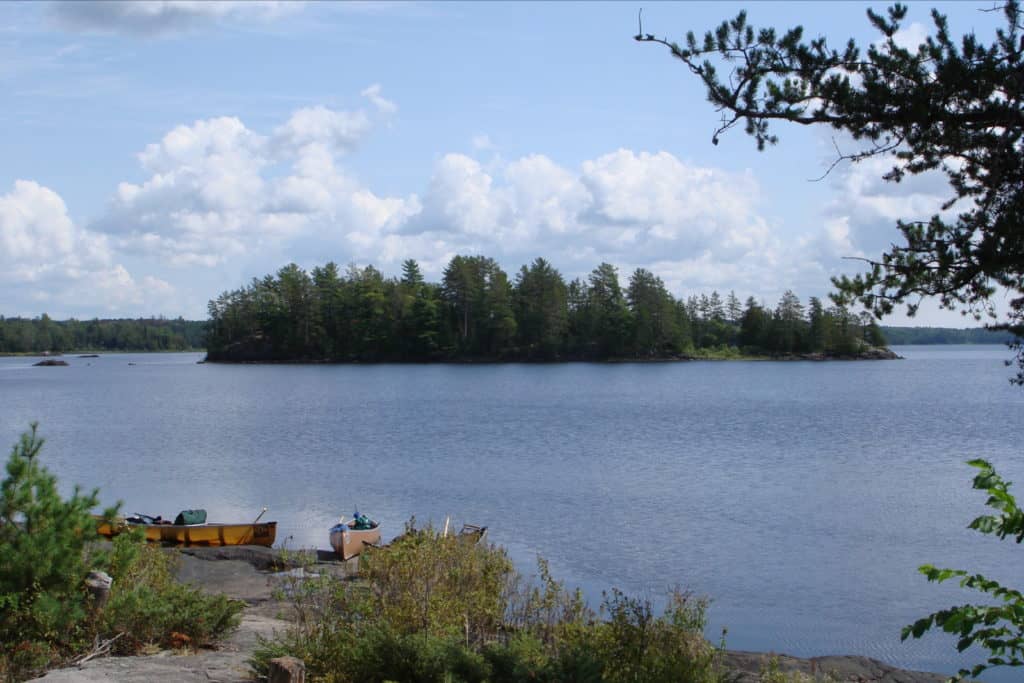
The U.S. Forest Service announced decreases in payments to the the three counties in northeastern Minnesota that contain the Boundary Waters Canoe Area Wilderness. St. Louis County, Cook County and Lake County are promising to fight cuts to the compensation that make up for tax revenue lost when the federal government acquired property in what is now the wilderness.
The payments are based on an appraisal of land in the Boundary Waters conducted by the U.S. Forest Service. Appraisals are conducted every 10 years, and the counties receive annual payments equaling 0.75 percent of the value.
The compensation was mandated in the 1948 Thye-Blatnick Act, which allowed the government to acquire resorts and other business properties in what would become the Boundary Waters Canoe Area Wilderness. It was a key step in protecting the area as wild and undeveloped.
The 2018 appraisal resulted in a significant reduction in the appraised value from 2008, which could cause revenue reductions for the counties. Lake County commissioners say it would mean a 53 percent reduction for their county in the decade ahead.
According to Boreal.org, the payments for Cook County were $421,000 starting in 1989, $704,000 in 1999, and increased significantly in 2009 to $2,025,000. The new appraisal resulted in proposed payments of $1,273,500 — higher than previous periods, but almost half of the most recent amounts.

The payment proposals were supposed to be released last September but were delayed until this June. In February, Cook County commissioners sent a letter to the Forest Service asking for an updated timeline, and expressing the importance of the National Forest and the payments.
“Last year, Cook County received $1,891,350.00 dollars in Thye-Blatnik payments from the USFS, dollars that go to law enforcement, infrastructure, and other critical programs. This funding is an irreplaceable portion of our county’s budget,” wrote county board chair Virginia Storlie. “We are extremely fortunate to have a resource like the Superior National Forest as a cornerstone of our region. The conservation of this land is a shared priority of the people of Cook County, the people of Minnesota, and the people of the United States.”
County commissioners and staff met with the U.S. Department of Agriculture (which includes the Forest Service) and Congressman Stauber’s Chief of Staff in June.
All three counties are working together to respond to the appraisal by an August 1 deadline. They are acquiring independent appraisals of the land by a Duluth-based appraiser.
“The assessors have drafted a document which I think really makes the case for a higher per-acre value,” Lake County Administrator Matt Huddleston told the board in July. “It’s an astronomical number lower than where we’re at, so when we look at it, it’s just not supportable. I feel like we have a strong argument, so we’ll have to see how that process plays out.”
The counties are eager to settle the issue so they have certainty about revenue as they prepare budgets for 2020.
More information:
- Lake County preparing to fight Boundary Waters appraisal Lake County News Chronicle
- Cook County To Address Proposed Decrease In Federal Payments Boreal.org
- Payment in Lieu of Taxes – U.S. Department of the Interior Doi.gov

